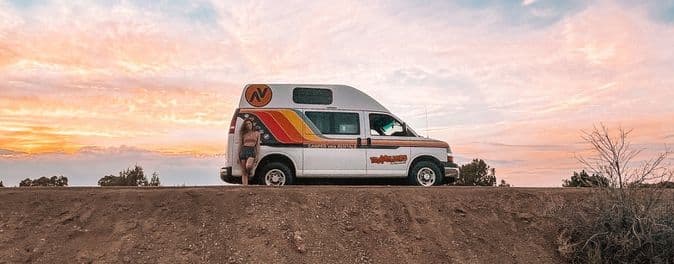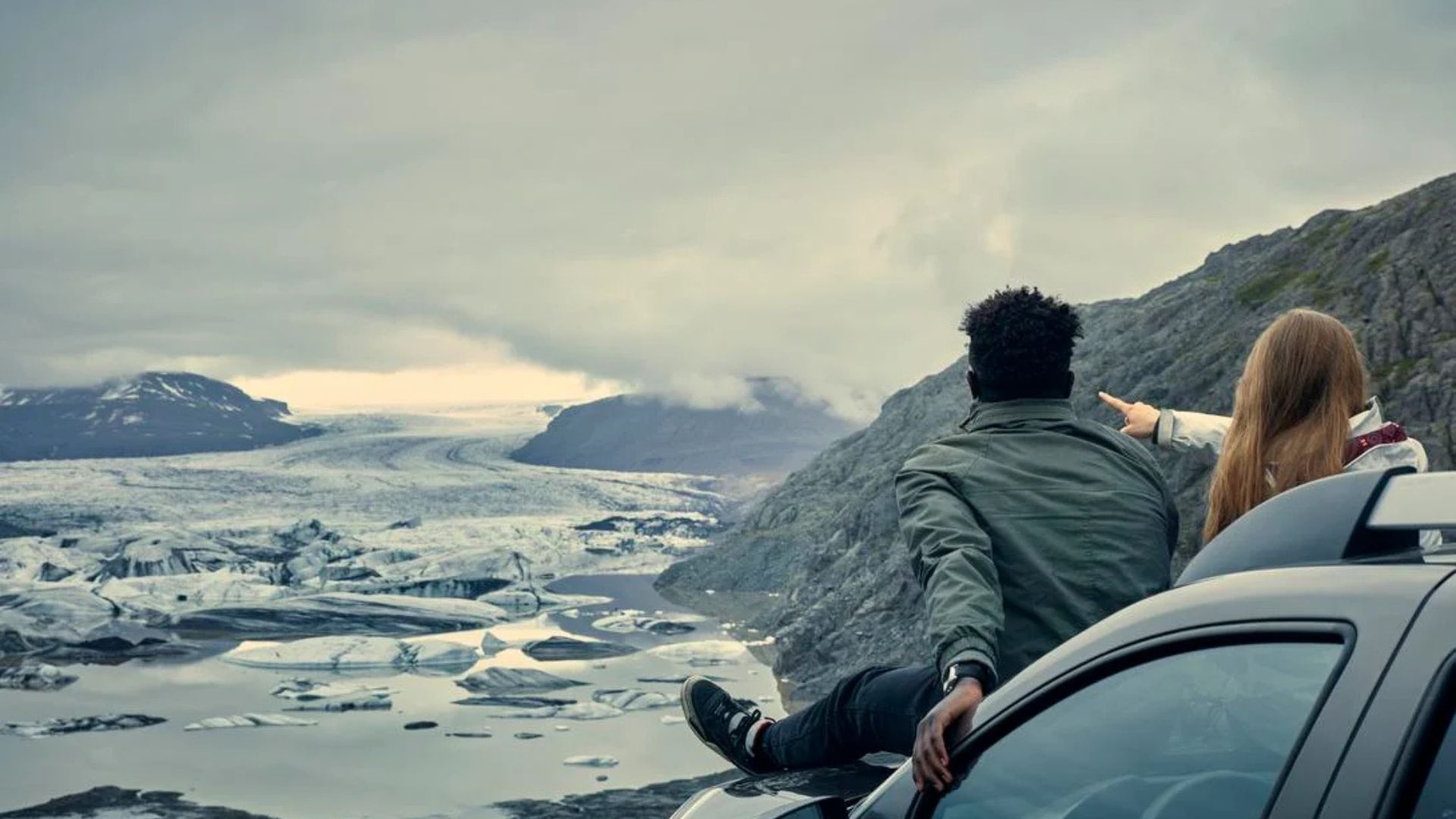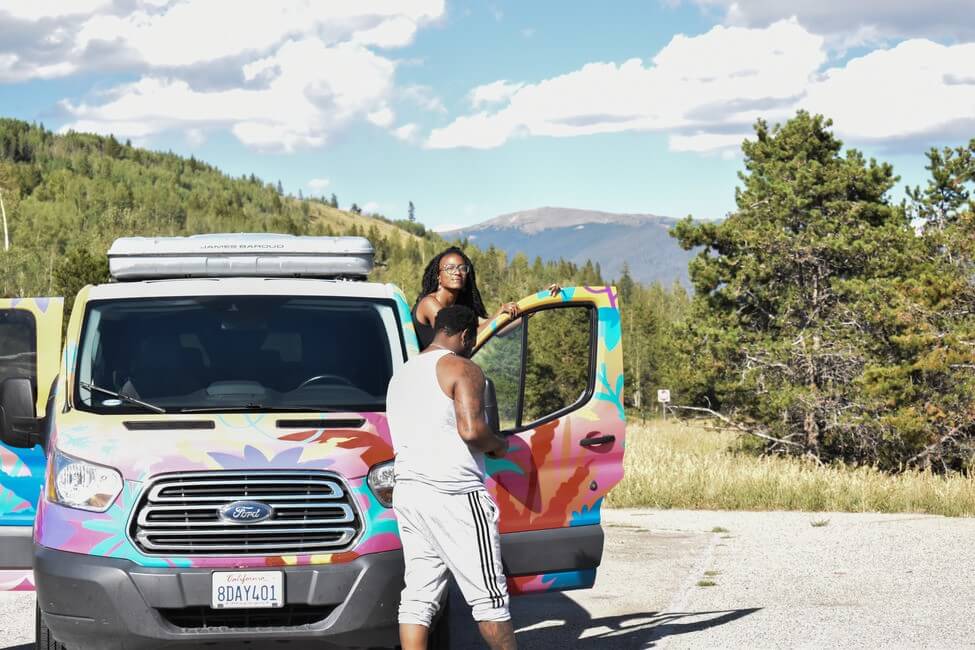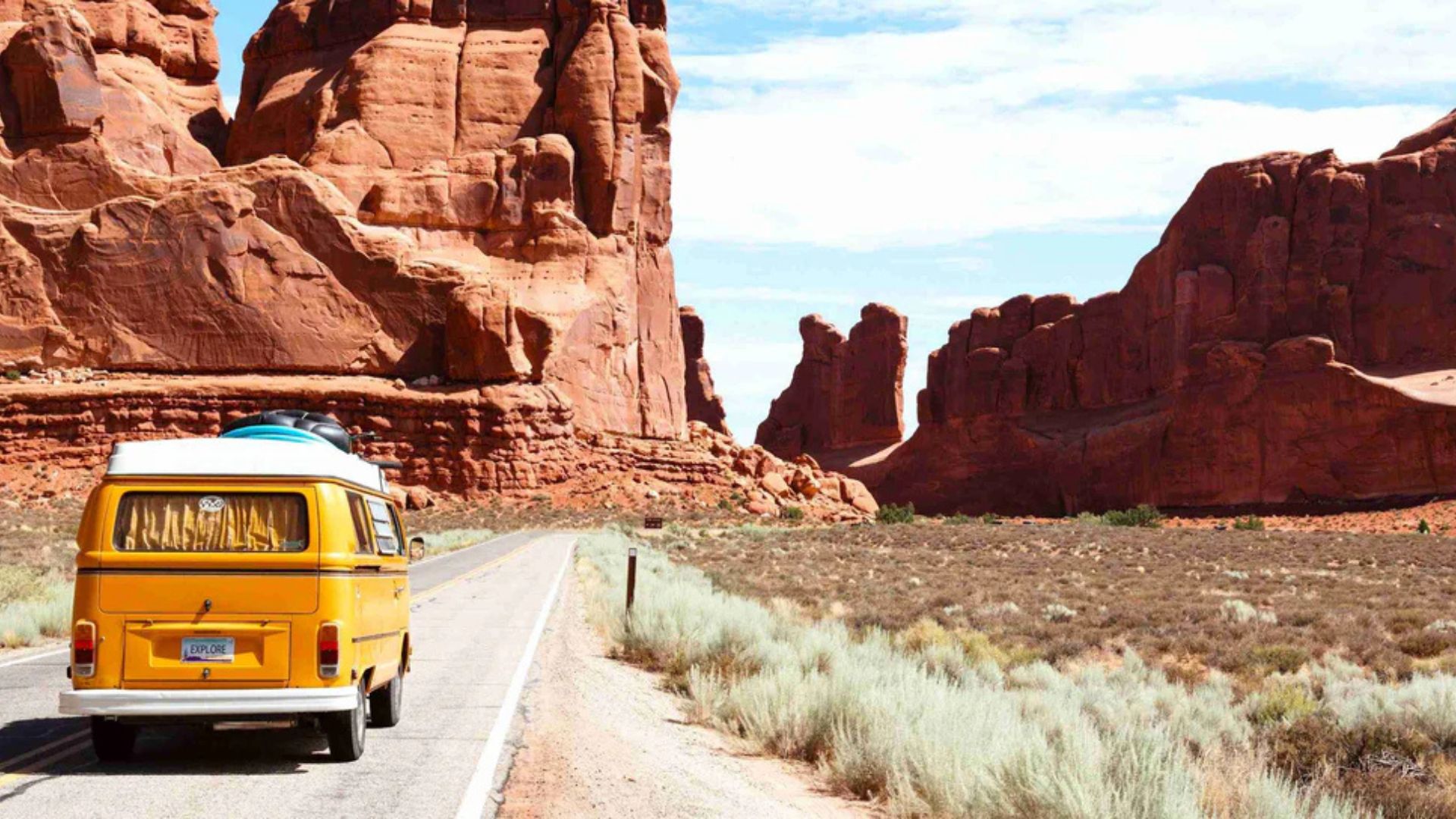If you’ve ever dreamed of taking a road trip but want to experience the freedom of having your own mobile home, renting a campervan is the perfect solution. Campervans combine transportation and accommodation in one, offering the flexibility to go wherever the road takes you. Whether you’re heading out on a short weekend getaway or a cross-country adventure, this beginner’s guide to renting a campervan will help you navigate the process smoothly.
1. Choose the Right Campervan for Your Needs
The first step in planning your campervan road trip is choosing the right vehicle. There are many different types of campervans, so it’s important to pick one that suits your travel style, group size, and comfort needs.
-
Van Size: Campervans come in different sizes, ranging from small, two-person vans to larger ones that can accommodate families or groups. Make sure to pick a van that fits everyone in your party comfortably.
-
Amenities: Campervans can be equipped with varying levels of amenities. Some may have just basic sleeping arrangements and a small kitchen, while others come with full bathrooms, air conditioning, and more. Think about what you’ll need during your trip, like a fridge, stove, or shower.
-
Driving Comfort: If you’re not used to driving larger vehicles, make sure to choose a van you’re comfortable handling. Larger campervans might be more challenging to maneuver, especially in tight spaces or city traffic.
2. Book Your Campervan in Advance
Once you’ve decided what kind of campervan you need, it’s time to book. It’s best to reserve your van in advance, especially during peak travel seasons, when campervans can get booked up quickly.
-
Rental Websites: There are many online platforms like Outdoorsy, Campervan Hire, and RVshare that allow you to compare prices and van options. Be sure to check reviews to ensure the rental company has a good reputation.
-
Rental Policies: Read the fine print carefully. Understand the rental company’s policies regarding insurance, mileage limits, fuel usage, and any fees for extra equipment (such as GPS or camping gear).
-
Pick-up and Drop-off: Make sure the pick-up and drop-off locations are convenient for your travel plans. Some rental companies have locations near airports, while others are in city centers.

3. Understand Insurance and Coverage
When renting a campervan, it’s essential to have the right insurance coverage to protect you in case of accidents or damage. Rental companies typically offer different types of insurance, so take the time to understand what’s included.
-
Basic Coverage: Most campervan rentals will include basic insurance, but it may come with high deductibles. Consider upgrading to full coverage for peace of mind.
-
Liability Insurance: This protects you in case you cause damage to another person or property while driving. Check if this is included in your rental or if it needs to be added separately.
-
Personal Accident Insurance: This type of insurance can cover medical expenses in case of injury during the trip.
-
Personal Belongings Insurance: If you’re worried about losing personal items inside the campervan, you may want to add coverage for stolen property.
4. Packing for Your Campervan Road Trip
One of the best things about a campervan road trip is the ability to carry everything you need with you. However, packing smart is key to ensuring a comfortable journey.
-
Essentials: Bring clothing suitable for all weather conditions, toiletries, and any medication you may need. Since space can be limited, pack light and avoid overstuffing the van.
-
Camping Gear: Many campervans come with cooking equipment like a portable stove, pots, and cutlery. You may also want to bring camping chairs, a portable grill, or outdoor gear for your adventures.
-
Food & Snacks: Stock up on non-perishable snacks like nuts, trail mix, or energy bars, as well as ingredients for easy meals like pasta, canned goods, or sandwiches. If your van has a fridge, take advantage of it to keep fresh foods.
-
Entertainment: Long road trips can get boring at times, so bring books, music, podcasts, or games to keep everyone entertained.
5. Plan Your Route and Campsites
While part of the fun of a road trip is spontaneity, it’s still important to plan your route and where you’ll sleep along the way. Many campgrounds offer special spots for campervans and RVs, and some even have hookups for electricity and water.
-
Campsites: Look up campgrounds along your route that welcome campervans. National parks, state parks, and established campsites often offer the best spots for overnight parking. Some popular booking sites for campsites include ReserveAmerica and Camping.com.
-
Freedom Camping: In some countries, such as New Zealand and parts of Europe, you can legally park overnight in certain areas, known as “freedom camping.” However, always check local regulations to avoid fines or unwanted surprises.
-
Rest Stops: Some highways and roads have rest stops where campervans can park for a night. These can be great for a quick overnight stay if you’re just passing through.
6. Understand the Driving Rules and Road Conditions
Driving a campervan is a bit different from driving a regular car. Here are some things to keep in mind to ensure a safe and enjoyable trip:
-
Speed Limits: Many countries have different speed limits for campervans compared to cars, so be sure to check and follow the posted speed signs.
-
Road Restrictions: Some roads or bridges may have weight limits or restrictions for large vehicles. Always check ahead and use apps like Google Maps or Roadtrippers to plan your route.
-
Parking: Finding parking for a large campervan can be tricky, especially in crowded cities or narrow roads. Be prepared to drive a bit further to find suitable parking spaces.
-
Fueling Up: Campervans often consume more fuel than cars, so plan your fuel stops carefully, especially in remote areas where gas stations may be scarce.
7. Driving Tips for Campervan Beginners
If you’re new to driving a campervan, it might take some time to get used to the size and handling of the vehicle. Here are a few driving tips:
-
Take It Slow: Campervans are usually slower than regular cars, so it’s important to drive at a comfortable pace. Take corners gently and avoid sharp turns.
-
Practice Parking: Before setting off, practice parking the campervan in open spaces to get comfortable with the size. You may also want to practice reversing with the vehicle.
-
Stay Alert: Campervans are tall and can be affected by strong winds. Be extra cautious in bad weather and keep a safe distance from other vehicles.
8. Maintenance and Safety During the Trip
During your road trip, keep an eye on your campervan’s condition and take steps to maintain it.
-
Check Tires and Fluids: Regularly check the tire pressure and oil levels. Your rental company will provide a basic checklist, but always stay on top of any potential issues.
-
Emergency Kit: It’s a good idea to have a roadside emergency kit, including a flashlight, first aid supplies, and basic tools. Most campervans come with an emergency number for roadside assistance, but it’s always good to be prepared.
-
Waste Disposal: If your campervan has a toilet or waste tank, make sure to dispose of waste properly at designated dump stations. Many campsites have waste disposal facilities.
9. Return the Campervan in Good Condition
When your road trip comes to an end, you’ll need to return the campervan. Here are a few tips for a smooth return:
-
Clean the Van: Most rental companies expect you to return the campervan clean. Make sure to tidy up the interior, dispose of trash, and clean dishes.
-
Fuel Up: Refill the gas tank before returning the vehicle to avoid extra charges.
-
Inspect for Damage: Give the campervan a once-over to check for any damage. It’s always a good idea to take pictures of the vehicle before and after the trip to avoid disputes with the rental company.
Conclusion
Renting a campervan is a great way to experience the freedom of the open road and immerse yourself in nature. By carefully selecting the right van, planning your route, and being prepared for the unique aspects of campervan travel, you’ll set yourself up for an unforgettable adventure. So pack your bags, hit the road, and enjoy the thrill of a road trip in your very own home on wheels!










